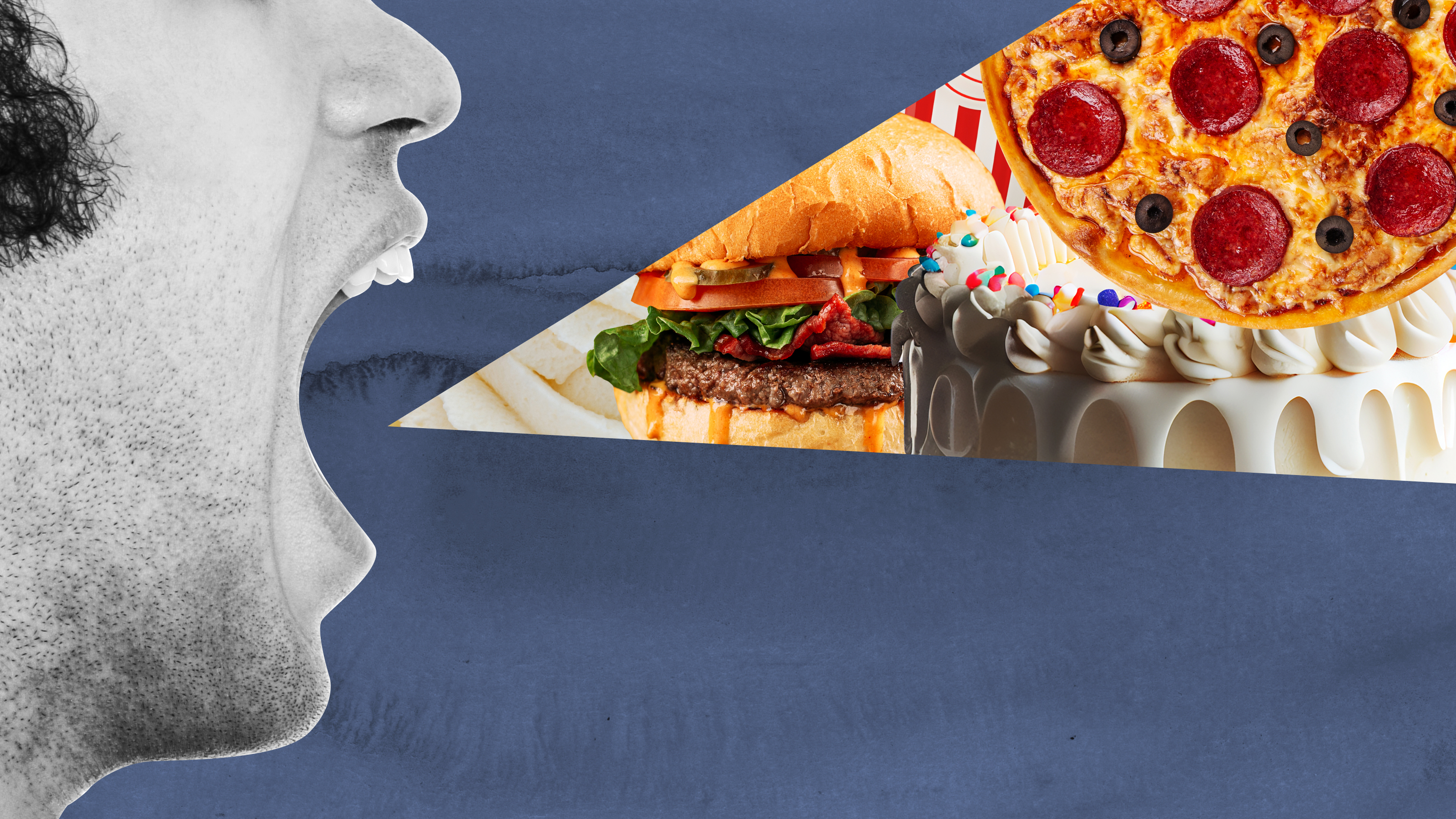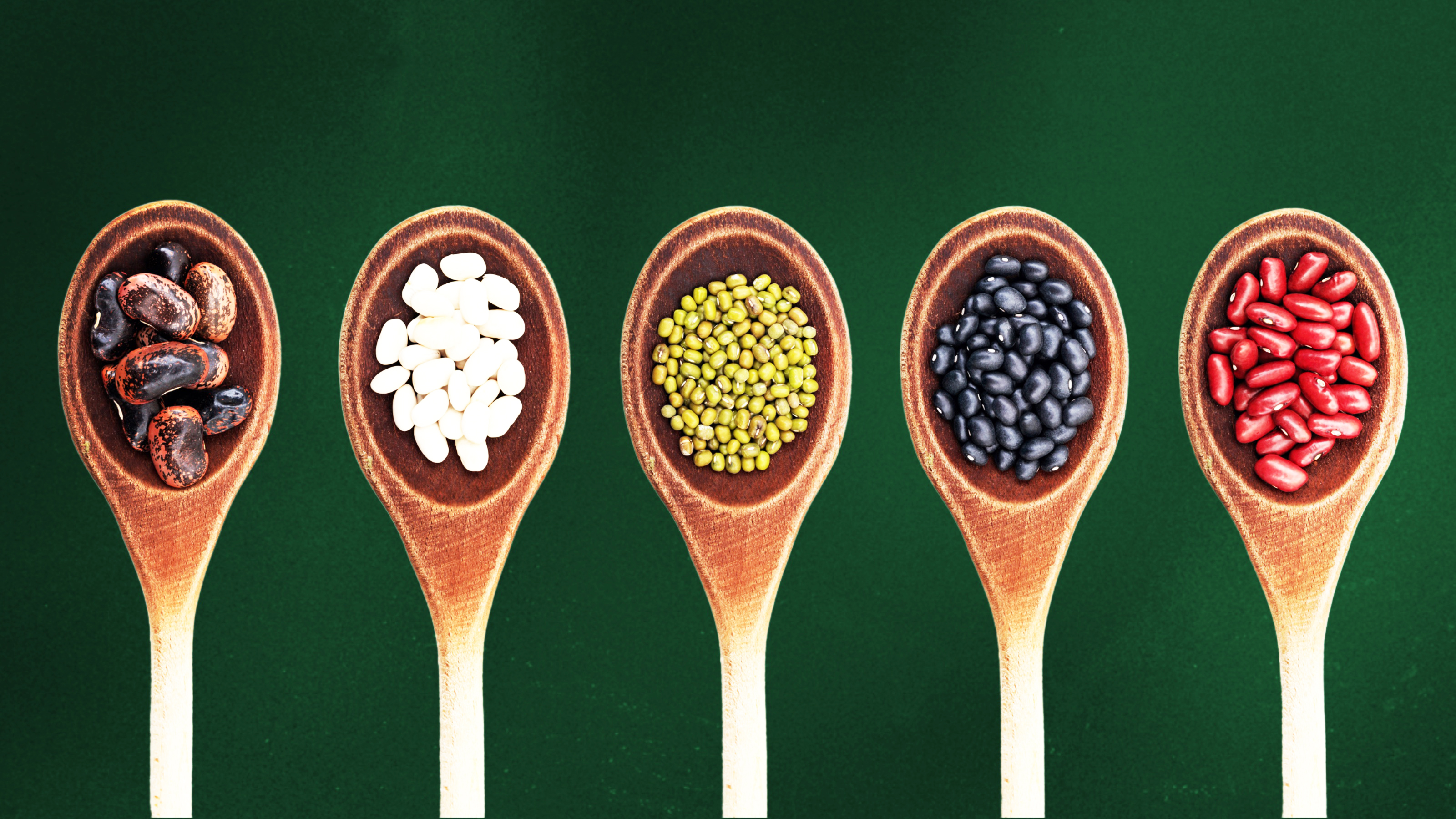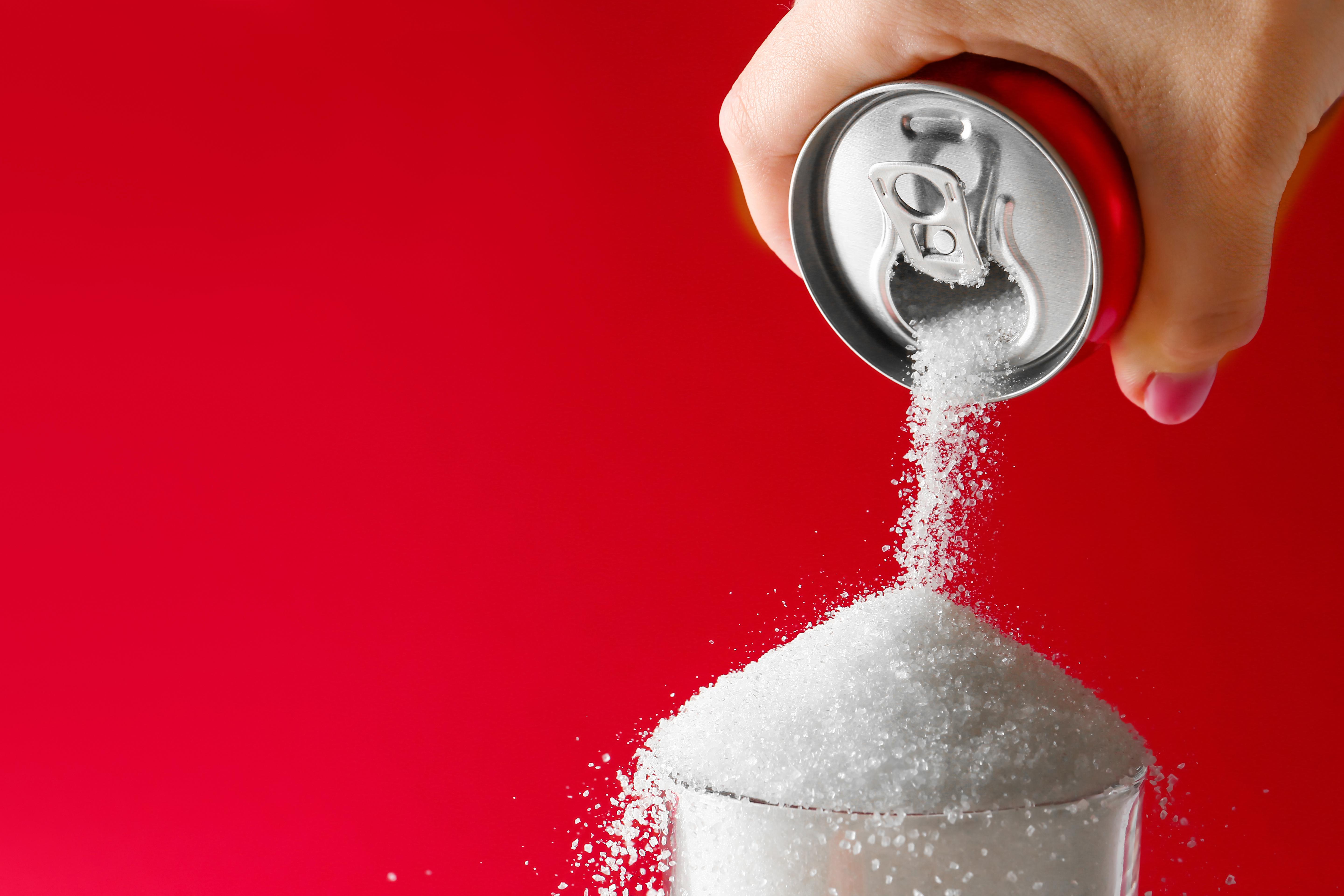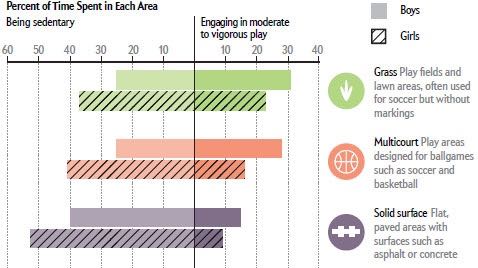Men’s Obsession with Protein Powder Is an Eating Disorder

Scientists have known for decades that protein is an essential building block of muscle tissue, not to mention hormones, antibodies, blood plasma, and enzymes. So it’s not obvious why Americans have become obsessed with dietary protein over the last 10 years. We love protein bars, shakes, fortified cereals — Coca-Cola is even developing a protein-enhanced milk.
According to the Food and Nutrition Board, adults should consume 0.8 grams of protein for every kilogram (2.2 pounds) of body weight. That comes to an average of 56 grams for men and 46 for women.
“The way in which men’s bodies are being objectified by the media is catching up rapidly to what has been done to women’s bodies for decades.”
Among men, the overconsumption of protein powder is enough to constitute an eating disorder, says Richard Achiro of the California School of Professional Psychology. Men are being driven toward a lean, muscular body by low self-esteem and gender role conflict, “which is an underlying sense of insecurity about one’s masculinity.”
“The way in which men’s bodies are being objectified by the media is catching up rapidly to what has been done to women’s bodies for decades,” said Achiro.
The average American currently consumes three to five times the needed amount of daily protein, and most of us, so far as I can tell by looking, aren’t training to be competitive athletes or bodybuilders. While we take protein to be a vessel of robust health, we continue to lead sedentary lives. And when we don’t exercise, the body quickly stores any and all excess protein as fat. The health site Medical Daily reports that,
The average American currently consumes three to five times the needed amount of daily protein.
“[C]onsistent protein overload will flood the kidneys, and cause digestive issues, nausea, harm to your brain and nervous system, and unusual weight gain. You’ll also be putting your body at risk of developing more serious long-term health problems, such as a buildup of amino acids, insulin, ammonia, and other toxic substances in your bloodstream.”
Likewise, when dietitians recommend foods high in protein, they are not talking about bacon and hamburgers. Non-animal sources of protein include the Japanese vegetable dish edamame (which packs 16 grams of protein per cup), chia seeds, quinoa, lentils, Greek yogurt, tempeh, nut butters, and chickpeas.
If you ask real foods expert Nina Planck (and we did), it’s the capricious nature of the protein craze that is most harmful. Ultimately, there is no true substitute for eating real, unprocessed foods.
—
Image courtesy of iStock photo





